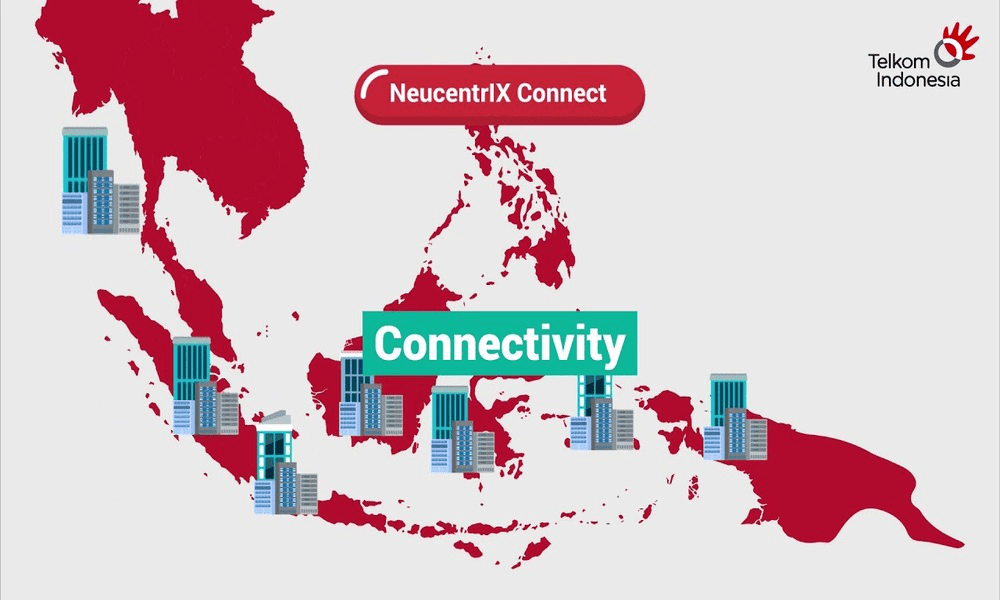The Role of Internet Exchanges in Financial Industry

Continuous technological advances along with the evolving consumer behavior have driven the evolution of the financial industry. Today’s customers expect every financial service to be accessible through digital channels. They also expect personalized and tailored digital experiences — personalized products, personalized recommendations, and even personalized user interface. With these expectations, come another high expectation: they no longer tolerate inferior products or poor digital experiences.
The Rise of Technology-Powered Financial Services
The good news is that today’s technology is advancing to help financial service companies deliver this level of service. Pieces of technology such as cloud computing and AI have helped them innovate their products, modernize their systems, analyze data to understand their customers better, and establish up-to-date business strategies.
To be able to integrate these pieces of technology into their business operations, it’s essential for companies to have the right infrastructure in place. However, the key to the right infrastructure is having the right connectivity. Today, simply relying on point-to-point connectivity isn’t enough to support the implementation of modern technology, especially as the number of connected users rapidly increases. Today’s financial companies require interconnectivity.
The Role of Internet Exchanges in Financial Industry
This is where IXs come as a solution. As a facility that enables digital players — enterprises, ISPs, connectivity carriers, content providers, etc. — to interconnect and directly exchange with each other, IXs play an important role in making robust, uninterrupted connectivity possible. Let’s take a look at three ways financial services companies can leverage IXs to deliver top-notch experiences to their customers.
IXs help financial service companies maximize availability and resilience.
Due to the massive volumes of transactions they need to process daily, it’s critical for financial services companies to have highly available and responsive infrastructure. Without an IX, a company usually works with only one ISP to carry out their connectivity needs. Unfortunately, relying on only one single provider can leave them with no other option when they experience bandwidth issues and connectivity outages, leading to poor user experiences.
With an IX, companies can increase their resiliency by leveraging multiple connectivity providers rather than relying on just one. Having access to various connectivity providers allows companies to ensure they have the additional bandwidth they need to support high peak transactions as well as back up in case any connectivity issues occur. In other words, IXs help companies guarantee that customers will receive the seamless experiences they expect.
IXs help financial service companies improve performance.
To be able to keep their customers, financial services companies need to be reliable. If a consumer has a negative experience — whether they can’t access their bank account, see unrecognized activities in their digital wallet, or fail to use their mobile payment app, they’ll choose another provider.
With access to multiple ISPs via IXs, companies can improve their service performance by delivering content through a point of presence located closest to where their customers are, improving round-trip time, and optimizing their performance. Moreover, through direct peering with the networks their customers are on via IXs, financial services companies can reduce the number of intermediary networks and cut the distance between them and their customers, reducing latency and improving content delivery.
IXs help financial service companies get ready for future success.
With an IX, financial services companies will have the capacity to handle increasing volumes of transactions as their industry continues to evolve. This means that IXs help companies prepare themselves for the future by ensuring they have a capacity for growth and the space to expand their business. In other words, by improving their service performance and elevating the user experiences they’re delivering now, financial services companies are setting their businesses up to succeed in the future.
By facilitating direct peering between networks, IXs have played a key role in ensuring the growth of businesses of various industries. The financial industry is one of the industries that will benefit from the existence of IXs.

















